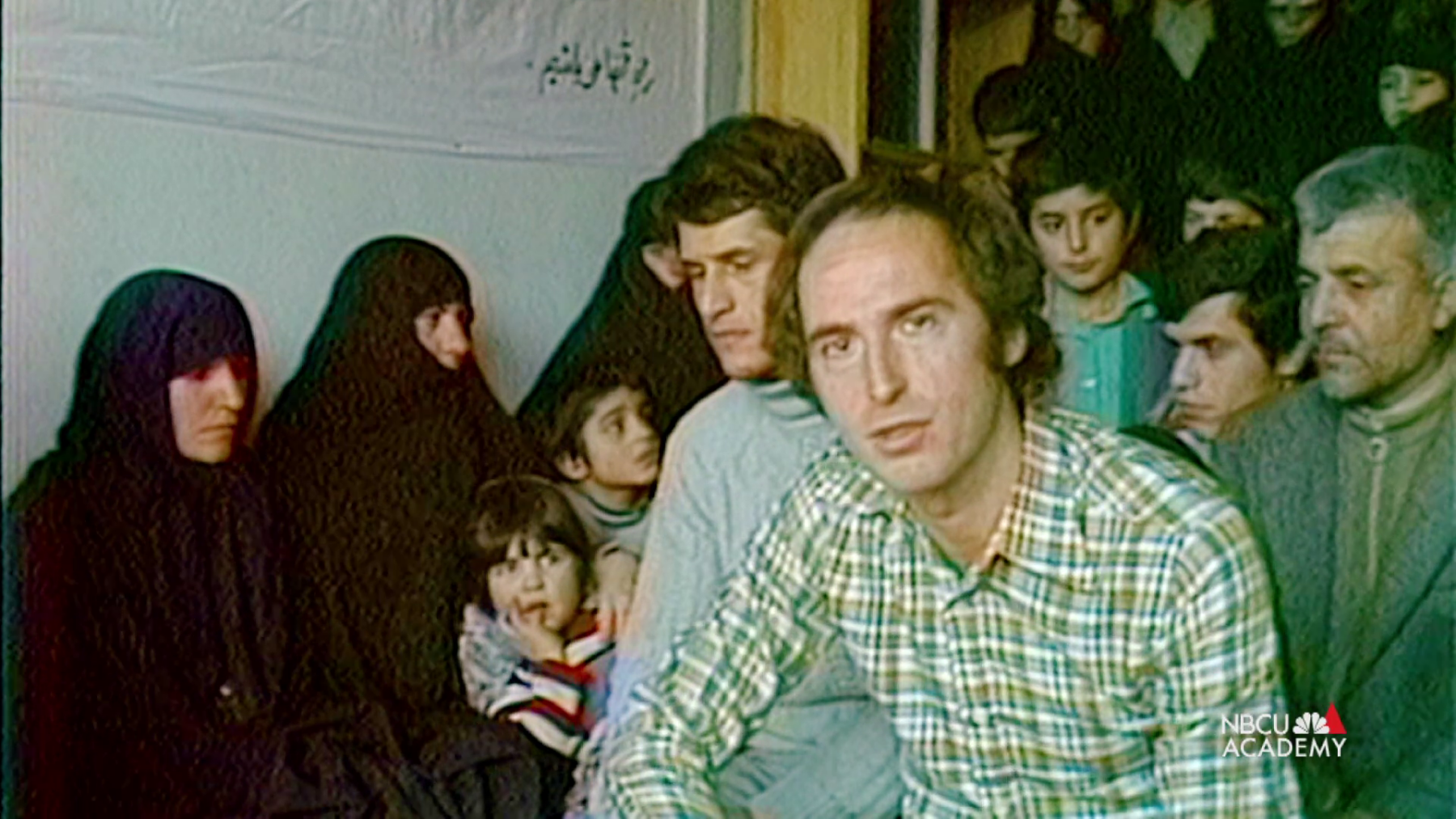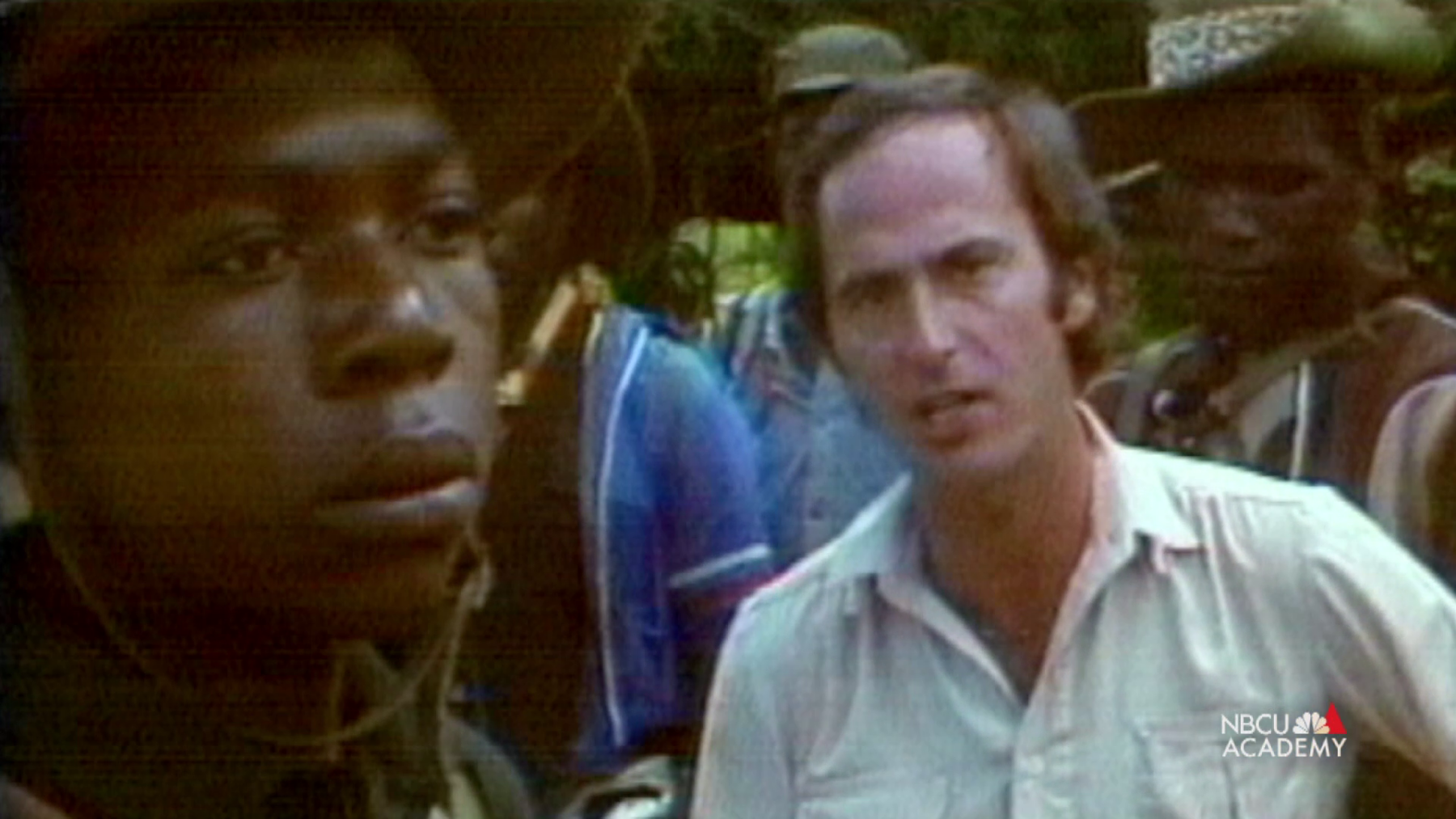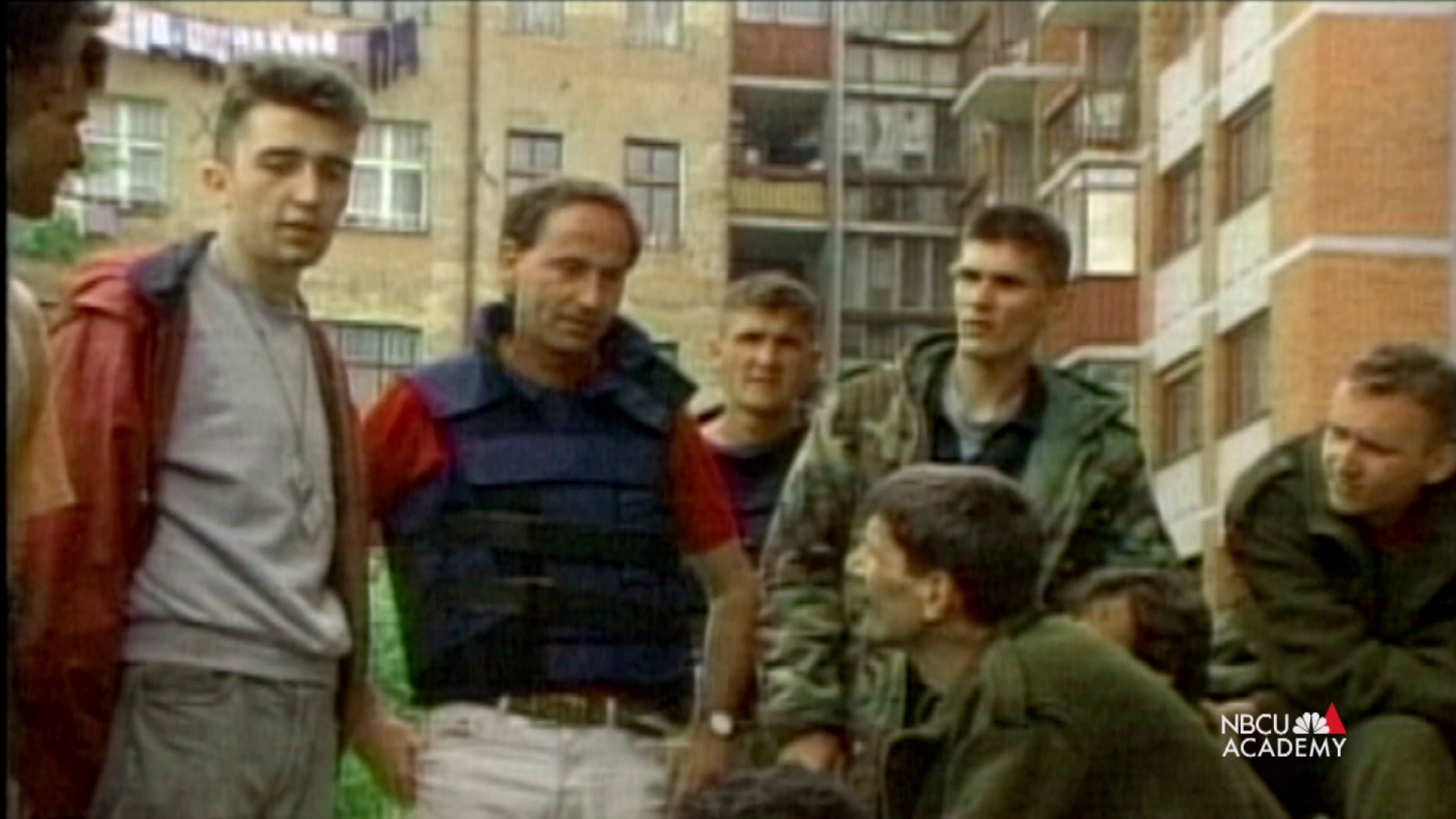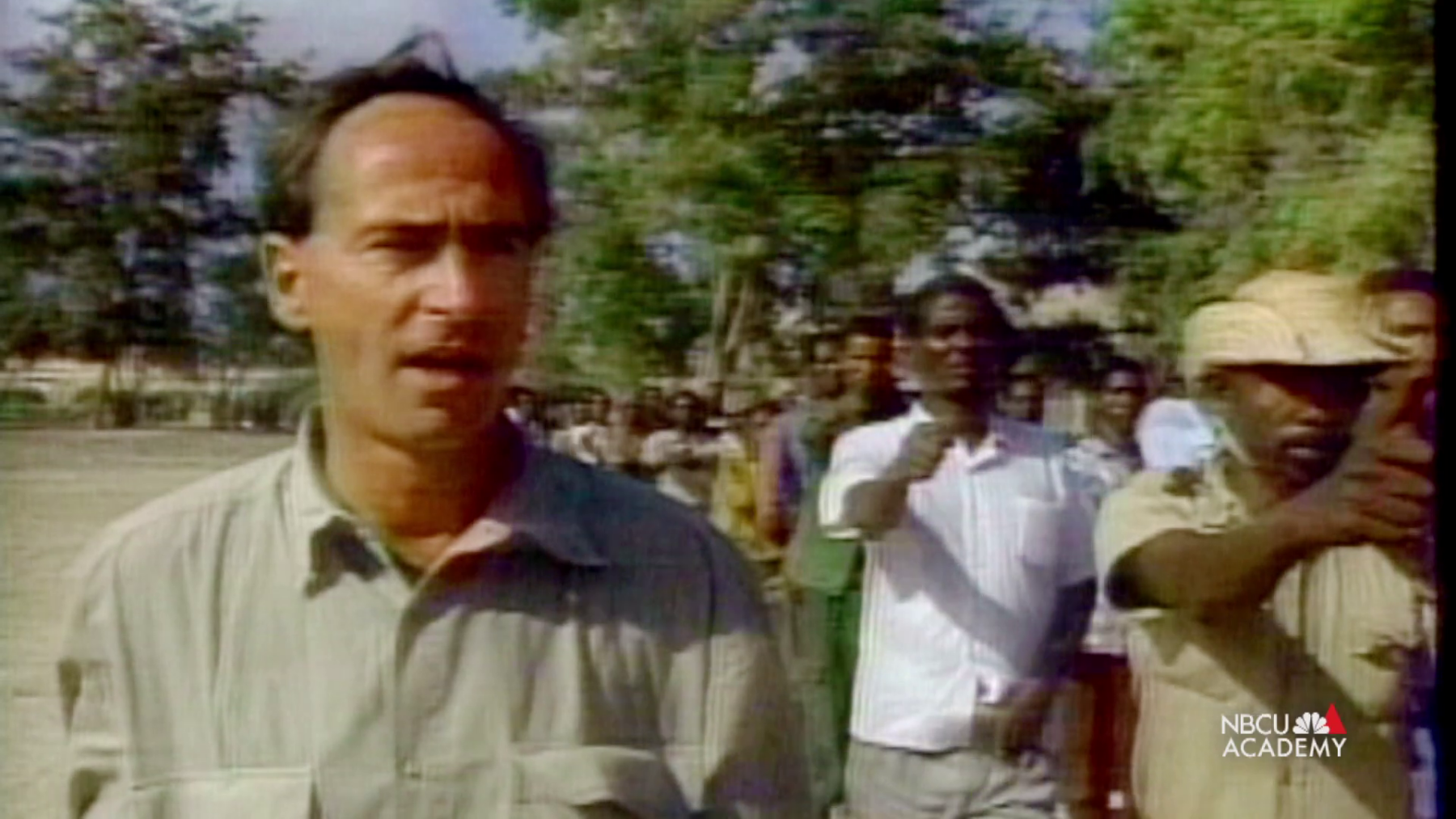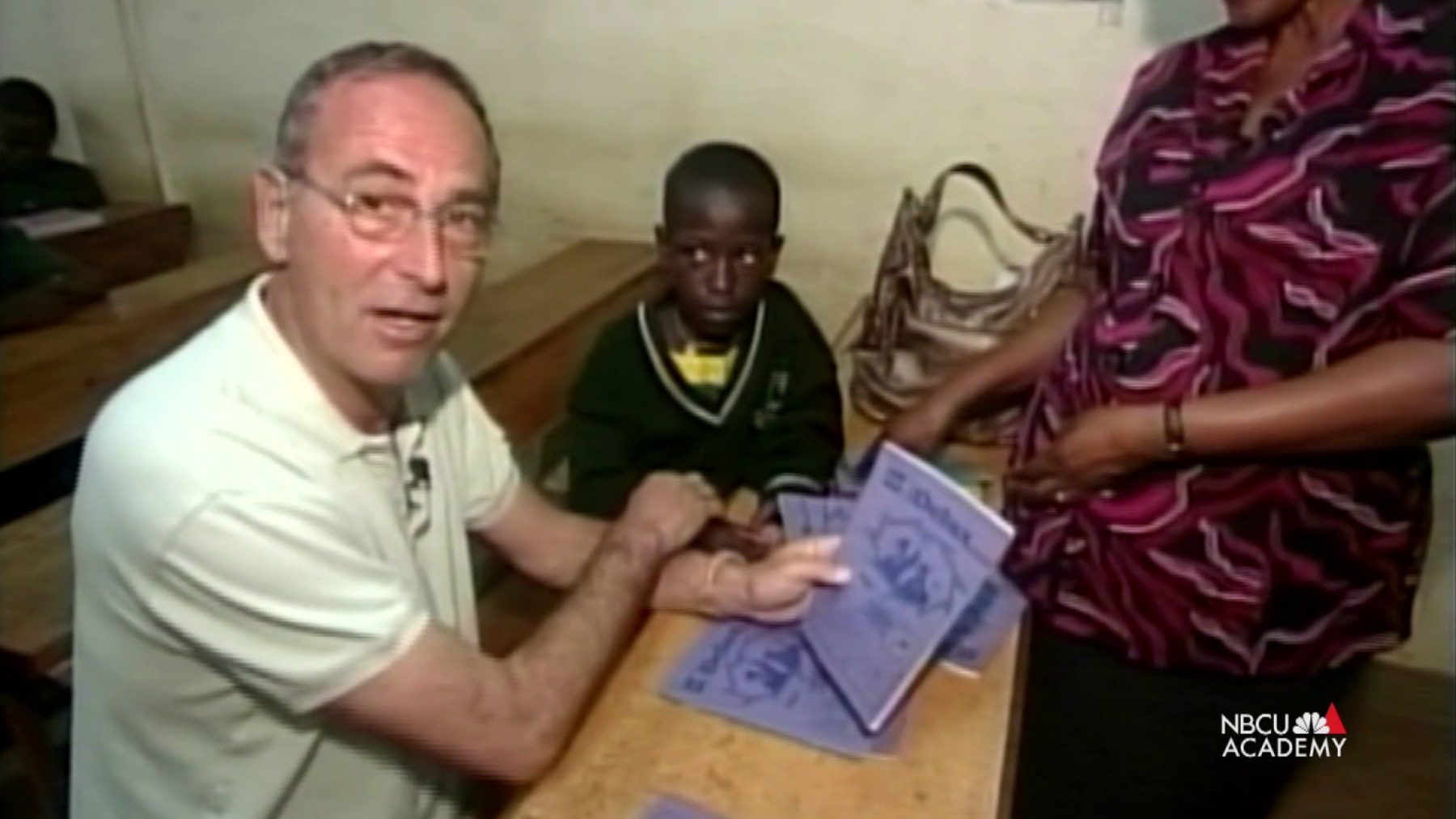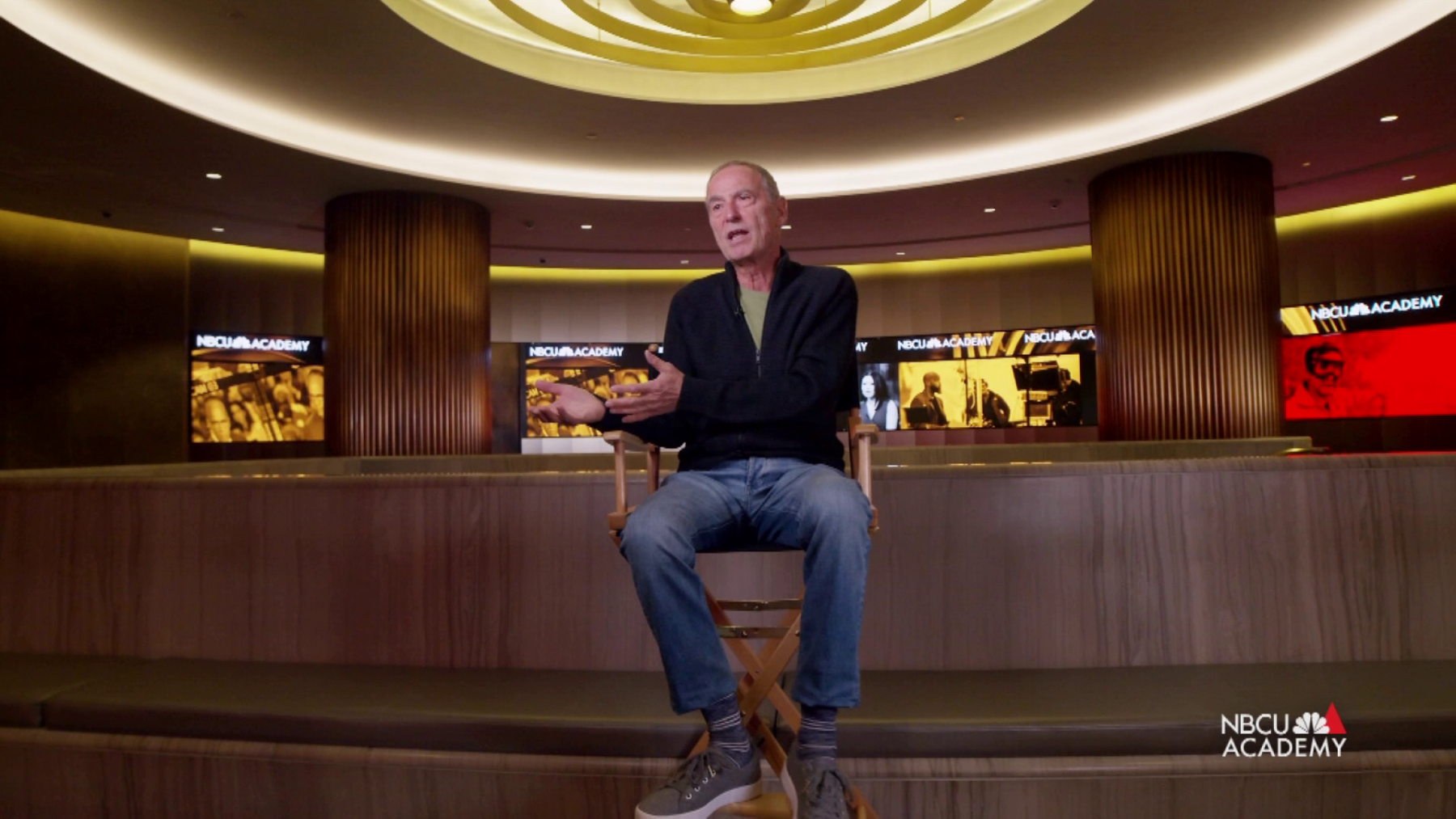What does it take for a foreign correspondent to cover conflict abroad? In the second part of our three-part video series on Martin Fletcher, the retired NBC News foreign correspondent and Middle East bureau chief shares his insights.
“You get to meet the most remarkable people in the most remarkable moments of their lives all the time,” Fletcher said. “Every day you go somewhere, and you meet somebody going through some extraordinary challenge. And you see them beginning to overcome it, that transitional moment from a tragedy to carrying on with life. That’s what life is about.”
In his words below, edited for length and clarity, he discusses his greatest takeaways from his 30-year career.
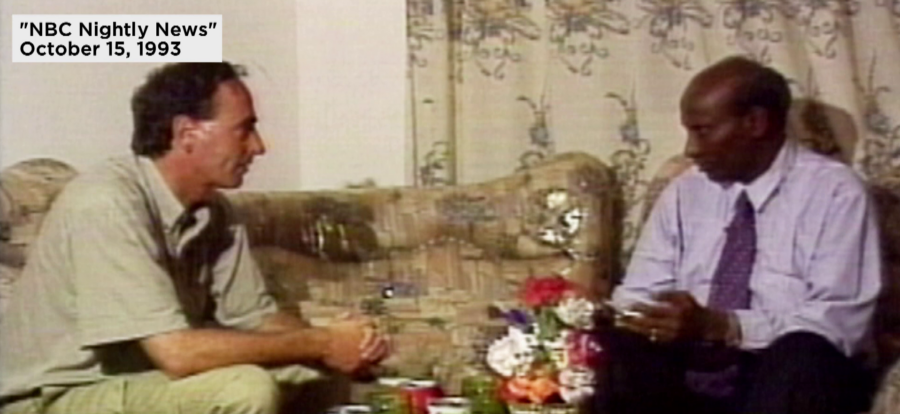
What Fletcher has learned as a foreign correspondent
You’re nothing without your sources. Most of my work was in the field meeting people. And they became my sources, but also part of my work.
Listen skeptically. People don’t always tell you what they feel right away. They’re not necessarily holding something back, but I want to know how they really feel. I don’t want to put people on the spot, and I don’t want to make life difficult for them, but I want to find out what happened, and who did it and why.
Be curious and follow the news. You could suddenly end up in Tiananmen Square after a massacre in China as I did, knowing nothing about China, and then learn 20 minutes later (after I arrived in the bureau) that “you’re on live in 10 minutes” — and I didn’t even know the name of the prime minister. You’ve got to know what’s going on in many places.
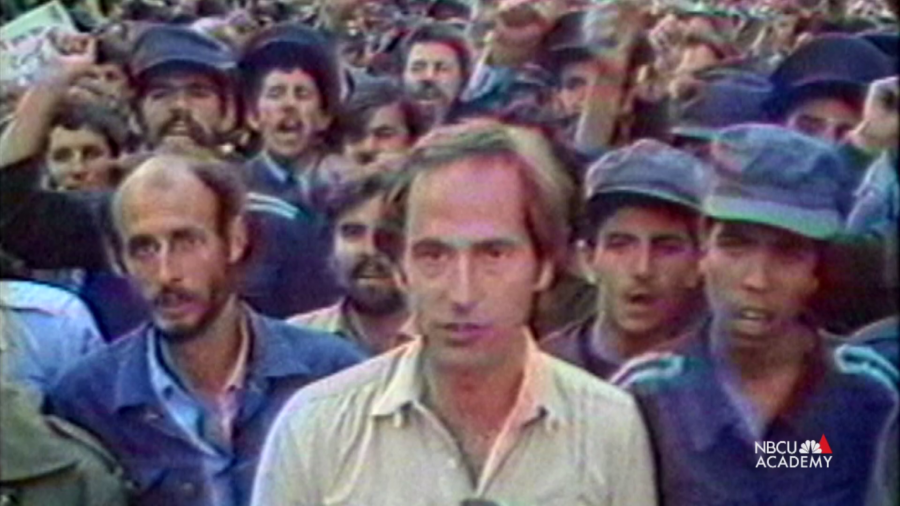
Assessing people is critical. It’s Number One in terms of foreign correspondents staying safe. The most important contact you can make in a difficult situation is with the cab driver you meet at the airport. And you’re looking for drivers who can drive you for the next week or two. The choice of driver is critical to staying alive and making contacts in the street. You’re putting your lives in the hands of people – very often, literally.
Remain calm in difficult conditions. If you’re calm and relaxed, and you can assess danger honestly, then you can be a foreign correspondent. Wherever there is a major conflict, that’s where we go. You will find yourself in Ukraine, in Gaza, in all kinds of different difficult circumstances. In the freezing cold, with not enough food. Dangerous stuff. Bombs falling, that will happen to you. Understanding how to operate in difficult circumstances is key.
Watch the first part of our series on Martin Fletcher, “How to Tell a Story as a Foreign Correspondent,” here. Learn more about his memoir, “Teachers: The Ones I Can’t Forget.”


